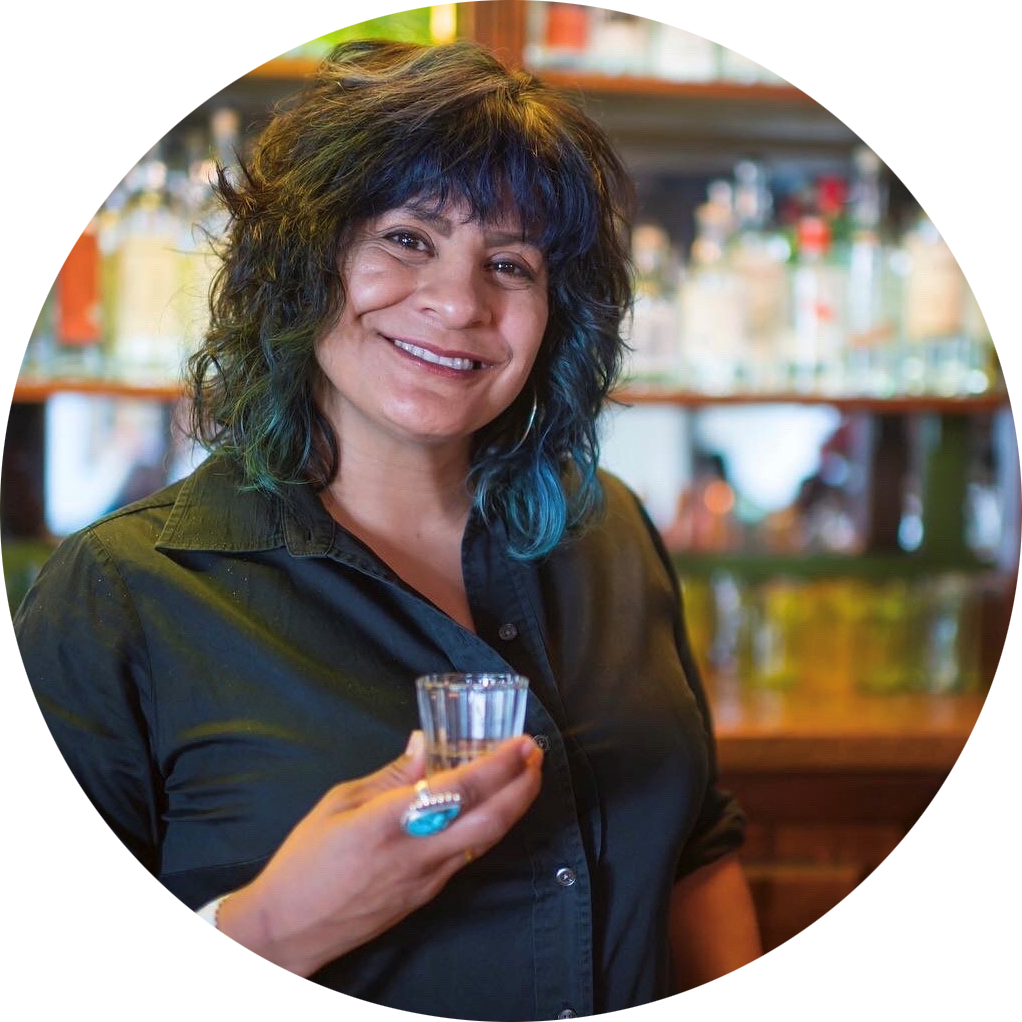Marsella Macias
MA
Latin American Studies
Marsella's field research focuses on bacanora, a liquid cousin of tequila and mezcal; it is a regionally specific type of artisanal alcoholic spirit made from local agave plants and produced in the northern Mexican state of Sonora. Bacanora has historic production connections on both sides of the México-US border; it is uniquely categorized as a borderlands distillate and has a tumultuous past. The Sonoran government legally banned production in 1915, at the height of the Mexican Revolution, and would dispatch appointed regulators throughout producing regions to arrest or fine those caught distilling. Legal production was reinstituted in 1992 and bacanora subsequently gained the internationally recognized Denomination of Origin certification (an agricultural idiom defined in ensuing paragraphs), but the near 80-year prohibition had profound negative effects on agave populations and traditional production capabilities. Since bacanora’s resurrection, the booming market’s curiosity about this lesser-known spirit has raised concern in bacanora’s tight knit industry. One main worry is that it will face the industrialized, marketmanipulated fate that its agave cousins, the bigger tequila and mezcal industries, have endured in the last few decades. Marsella is grateful to have been awarded funding from LAII’s Student Field Research Grant so she can employ my multi-disciplinary research to examine and illuminate cultural, socio-economic, political, and ecological impacts that bacanora’s industry actors face in its post-prohibition and climate-change stricken landscapes.

